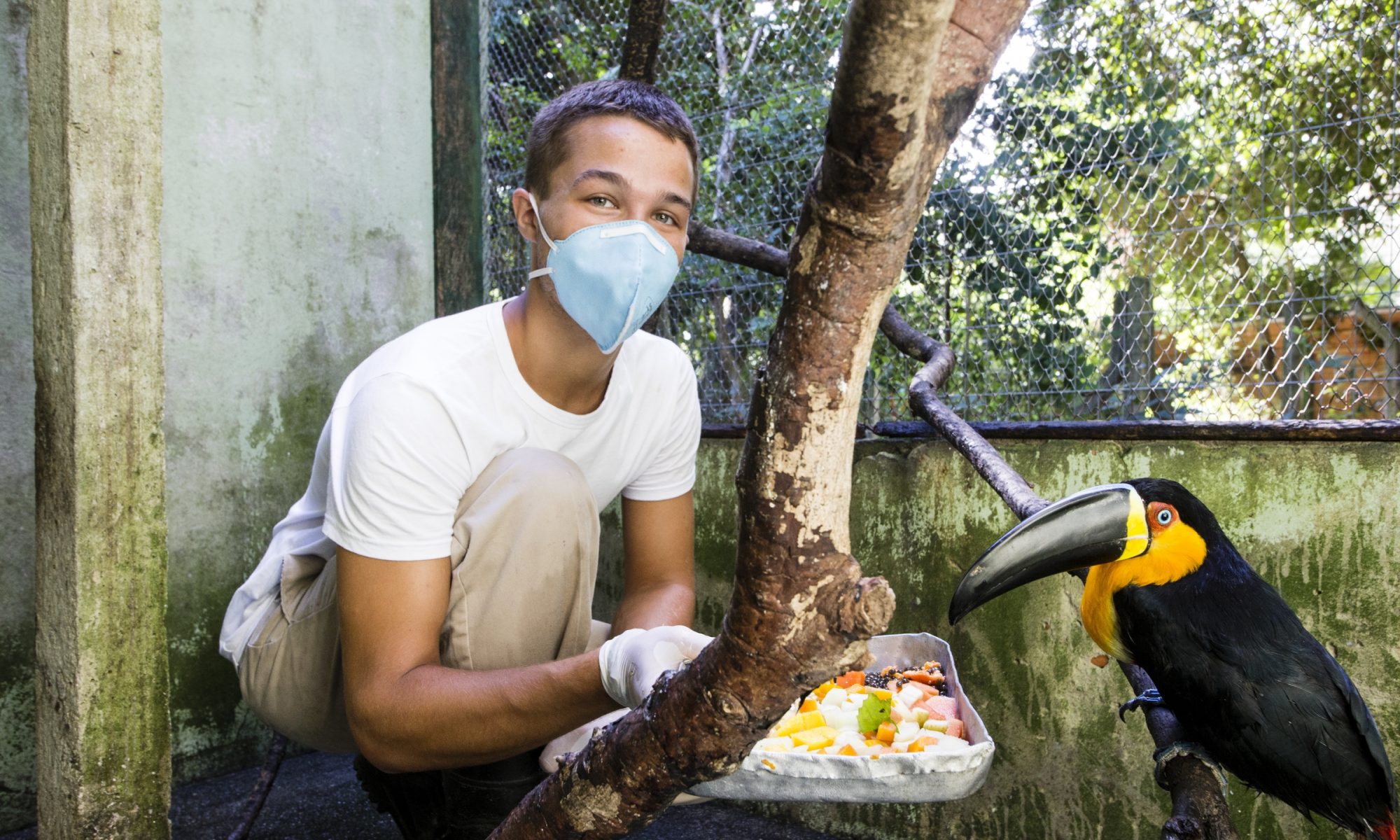By: Martynas Ramanauskas


After landing in Istanbul, we found ourselves in the middle of Galata – a lively, central neighborhood of this massive city. Having had enough time to explore and get a feel for Europe’s largest city, I started researching Turkey’s policies towards the Russian invasion of Ukraine and how this compares to the locals’ attitudes, and how the war as a whole has affected Turkey.
Residing in one of Istanbul’s more international neighborhoods, I couldn’t help but notice the plethora of languages being spoken by passers-by in the streets – the most common of which is Russian. Due to travel restrictions imposed by the EU, more Russian tourists than ever before have set their sights on Turkey, resulting in a huge surge of visitors. But not all of the Russian speakers I’ve overheard are here temporarily. There were tens of thousands who voted in the Russian presidential election at the Russian embassy.
Anecdotally, speaking to a Russian expat working in a restaurant I visited, I learned that, to the best of her knowledge, most of the Russians in Turkey are representatives of the numerous ethnic minorities within the world’s largest country. These people, while Russian citizens, predominantly live outside of the largest cities of Moscow and St. Petersburg, and are said to be receiving draft orders at a much higher rate than the inhabitants of Russia’s richest metropolises. They have to move to Turkey with their families to avoid being sent to the front lines. Because the Russians who have moved to Turkey come from extremely diverse backgrounds – their unifying quality is their citizenship, which they embrace while living abroad to find community, even though it differentiates them in their homeland.
